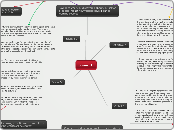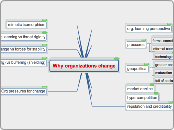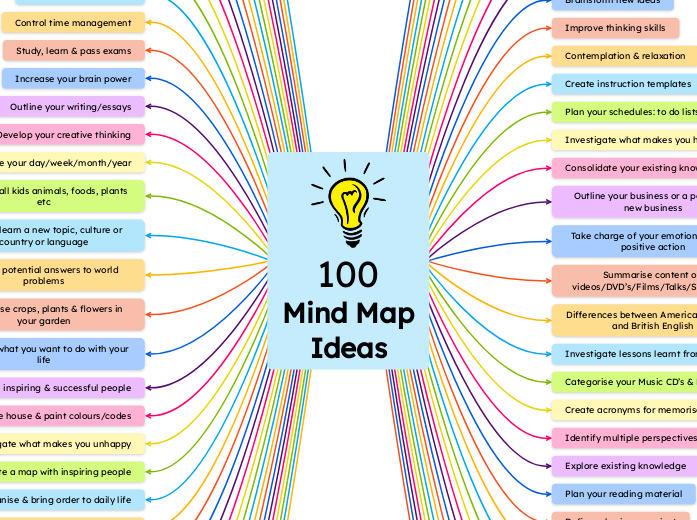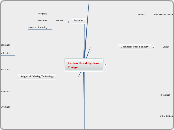door Sourabh Cheedella 13 jaren geleden
231
Journal 1
The writer describes their dual capability of being highly visual and verbal, which enables them to learn effectively regardless of the medium. They employ visualization techniques when reading or listening to lectures to assimilate information.









